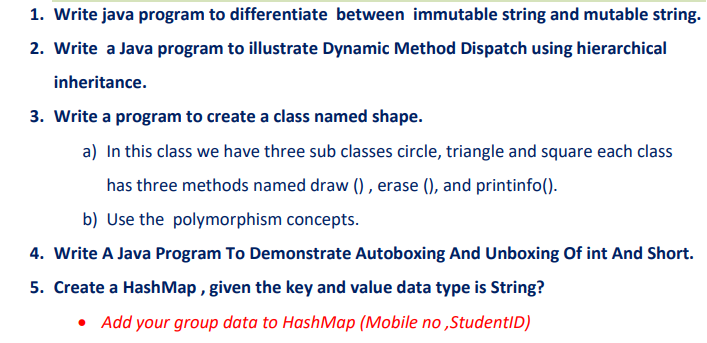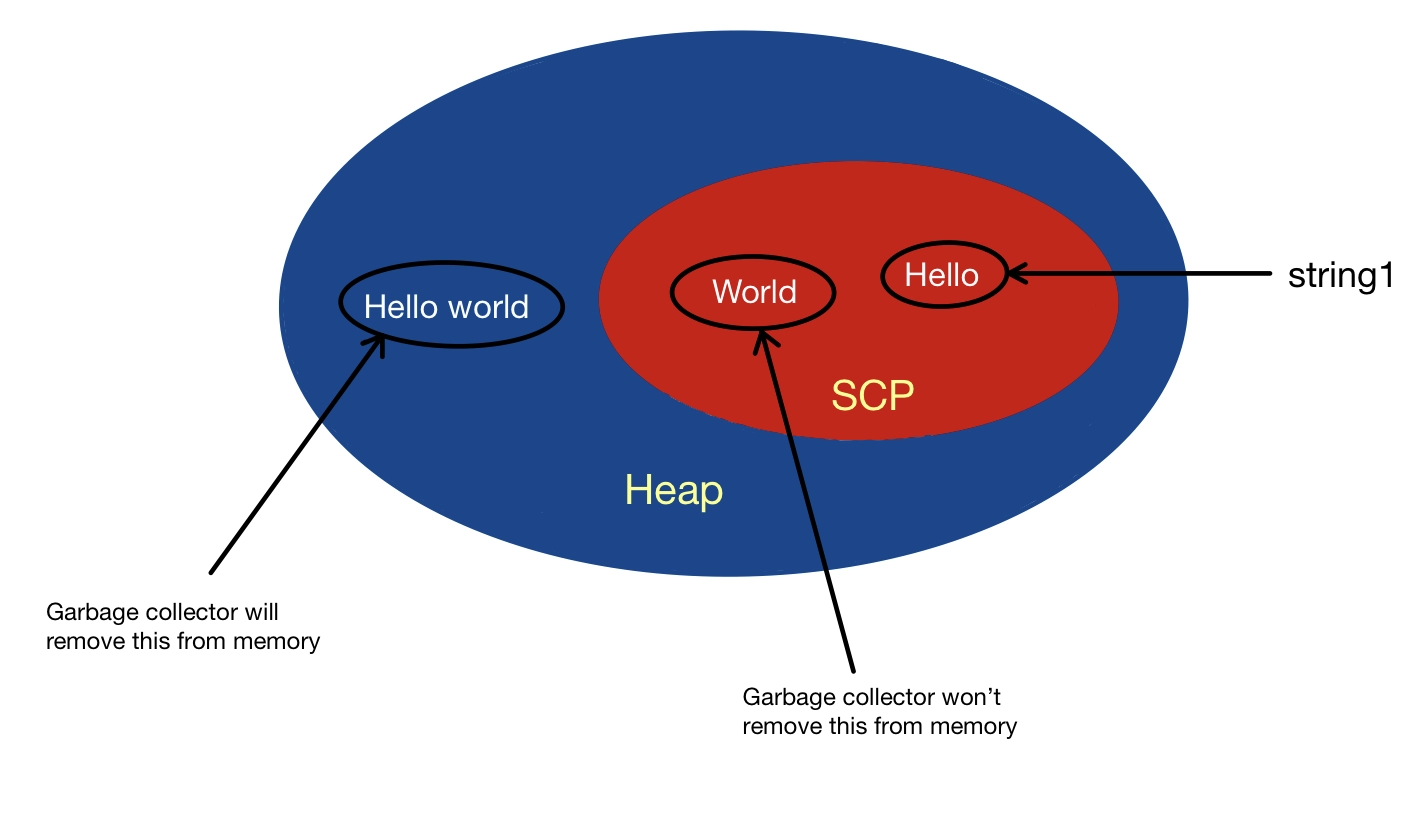Why Are Strings Immutable in Java? Insights into Memory Performance
Why Are Strings Immutable in Java? Insights into Memory Performance
Blog Article
Immutable Strings: A Secret Component in Ensuring Information Uniformity and Reliability
In the world of information monitoring, the value of immutable strings can not be overstated. The concept of immutable strings goes beyond plain triviality; it is a cornerstone in the complicated web of data administration.
The Principle of Immutable Strings
Unalterable strings, a fundamental principle in programming, describe strings that can not be changed when they are created. Essentially, as soon as a string value is designated, any kind of procedure that shows up to change the string in fact creates a brand-new string. This immutability makes sure information consistency and dependability in applications, as it prevents unforeseen changes to the original data.
Advantages in Data Uniformity

Information consistency is crucial in different aspects of software program advancement, including data source management, multi-threaded environments, and dispersed systems (Why are strings immutable in Java?). Immutable strings add substantially to accomplishing this uniformity by preventing information corruption as a result of concurrent accessibility. In situations where multiple procedures or threads connect with the same information concurrently, immutable strings work as a guard against race problems and synchronization concerns
In addition, the immutability of strings simplifies debugging and screening processes. With immutable strings, developers can rely on that as soon as a string is set, it will remain the same, making it simpler to trace the resource of errors and guaranteeing that test cases create constant results. This reliability in information dealing with eventually causes a lot more steady and durable applications.
Implementing Unalterable Strings
Making certain the immutability of strings calls for a thoughtful strategy to their execution in software advancement. One essential strategy is to create string courses in such a way that protects against alterations as soon as a string item is created. By making strings immutable, programmers can improve data uniformity and reliability in their applications.
To apply immutable strings effectively, designers ought to prefer developing new string objects rather than modifying existing ones. This practice makes sure that when a string is appointed a value, it can not be transformed. Additionally, any operation that appears to change the string ought to produce a brand-new string with the wanted adjustments rather of changing the initial.
In addition, utilizing immutable strings can simplify concurrency management in multi-threaded settings. Given that unalterable strings can not be changed after production, they can be safely shared amongst numerous strings without the danger of data corruption.
Function in Integrity Assurance
In software advancement, the usage of immutable strings plays a crucial duty in making sure the integrity of data operations. Immutable strings, once developed, can not be modified, guaranteeing that the data they stand for stays consistent throughout the application's execution. This immutability residential or commercial property supplies a degree of guarantee that the data being processed will not be accidentally transformed, their explanation causing unforeseen outcomes or mistakes in the system.
By including immutable strings into software design, designers can improve the reliability of their applications by minimizing the dangers linked with mutable data - Why are strings immutable in Java?. Immutable strings help in stopping information corruption or unexpected modifications, which can be particularly crucial when taking care of sensitive info or when data honesty is paramount
In addition, using unalterable strings streamlines simultaneous processing, as multiple strings can safely accessibility and share string data without the risk of one string modifying the content while one more reads it. This element adds dramatically to the overall reliability of the software application system, making certain foreseeable and consistent behavior in information handling procedures.
Applications and System Integration
The smooth assimilation of unalterable strings into different applications and systems is essential for guaranteeing durable information uniformity and integrity throughout varied technological atmospheres - Why are strings immutable in Java?. Immutable strings play an essential role in boosting the integrity of information exchanges and interactions within complicated software ecological communities. By integrating unalterable strings right into applications, designers can minimize the risks connected with information meddling, unapproved alterations, and unintentional modifications, thereby fortifying the total security position of click here now the system
Immutable strings can boost interoperability in between diverse systems by offering a standard format for data depiction, making it possible for extra efficient information processing and exchange procedures throughout interconnected systems. By adopting immutable strings in applications and system combination processes, companies can strengthen their information infrastructure and promote the reliability and uniformity of their information assets.
Final Thought
To conclude, unalterable strings play a vital duty in preserving data consistency and reliability in different applications and system combinations. By making sure that strings can not be altered once produced, the integrity of data is maintained, decreasing the risk of incongruities and errors. Implementing unalterable strings can dramatically improve the dependability of systems, inevitably causing more precise and reliable data processing.

Report this page